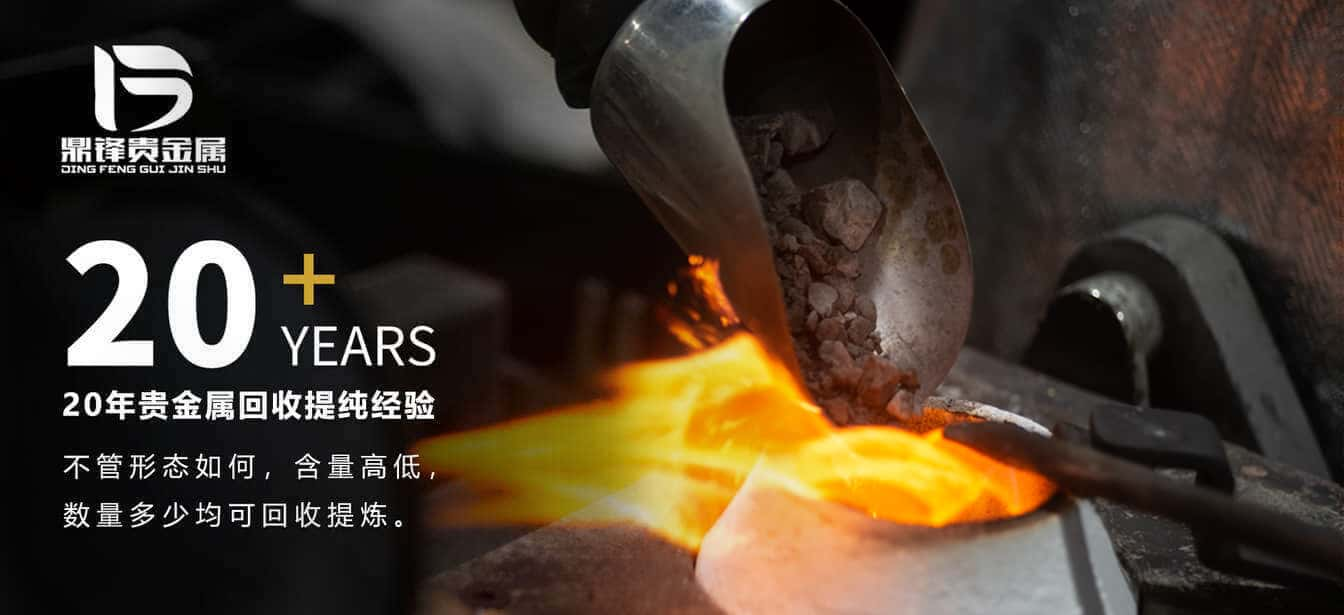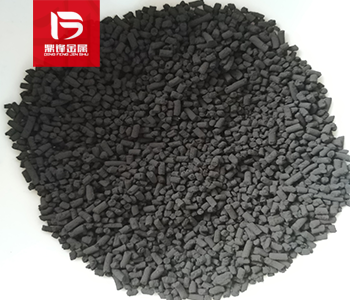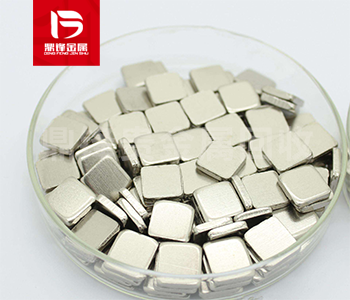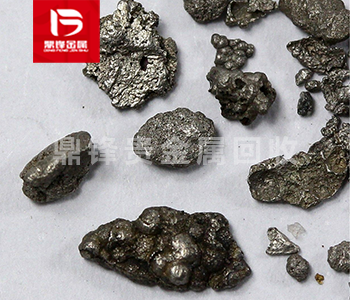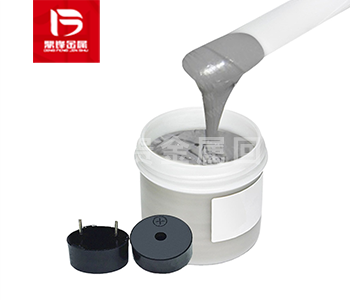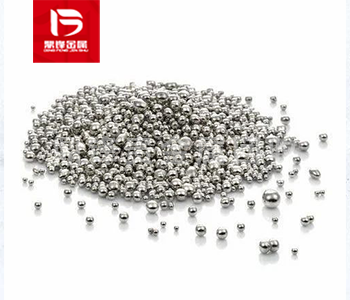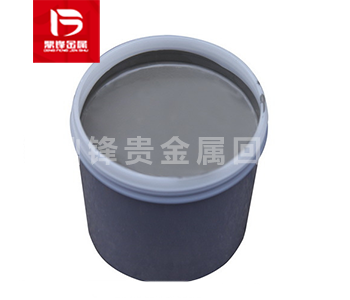Palladium(II) oxide recovery technology and its importance in industrial application
1、 Overview of Palladium(II) oxidePalladium(II) oxide (PdO) is a Inorganic compound composed of palladium and oxygen. Palladium is a precious metal element widely used in industrial catalysis, electro
1、 Overview of Palladium(II) oxide
Palladium(II) oxide (PdO) is a Inorganic compound composed of palladium and oxygen. Palladium is a precious metal element widely used in industrial catalysis, electronics, medical and other fields. Because of the Scarcity and high price of palladium, the recovery of Palladium(II) oxide has important economic and environmental significance.
2、 Importance of recovery of Palladium(II) oxide
Resource protection: effective recovery of Palladium(II) oxide can save limited palladium resources, reduce dependence on new resources and achieve sustainable development.
Environmental protection: Palladium(II) oxide recovery process can effectively reduce the generation of waste, reduce the discharge of waste water, waste gas and solid waste, and protect the ecological environment.
Economic benefits: Recycling Palladium(II) oxide can transform waste into valuable resources, bring additional benefits to enterprises and improve economic benefits.

3、 Palladium(II) oxide recovery technology
1. Wet recovery: wet recovery is to reduce Palladium(II) oxide through chemical reducing agent and convert it into metal palladium. This method is simple and efficient, but requires strict control of reaction conditions to prevent the generation of toxic by-products. 2. Thermal reduction method: the thermal reduction method is to reduce Palladium(II) oxide to metal palladium at high temperature. This method can complete the recycling process in a relatively short period of time, but it consumes high energy and may lead to equipment wear and tear. 3. Biological recovery: biological recovery is to use microorganisms to reduce Palladium(II) oxide and convert it into metal palladium. This method is environmentally friendly and low-cost, but has low recovery efficiency and high requirements for microbial growth conditions. 4. Electrochemical recovery: electrochemical recovery is to convert Palladium(II) oxide into metal palladium by electrolysis. This method has the advantages of high recovery rate and low energy consumption, but the equipment cost is high and strict control of electrolysis conditions is required.
4、 Application of Palladium(II) oxide recovery in industrial field
1. Catalyst recovery: Palladium(II) oxide is widely used as a catalyst in petrochemical, pharmaceutical, environmental protection and other fields. In the process of use, the catalyst will gradually become inactive. Recovery of Palladium(II) oxide can extract its Active ingredient, regenerate the catalyst, and extend its service life. 2. Recycling of waste electronic products: Palladium(II) oxide is widely used as contact material in electronic products. Recycling Palladium(II) oxide from waste electronic products can reduce production costs and improve resource utilization. 3. Medical waste recycling: Palladium(II) oxide is used as an ingredient of anti-cancer drugs and biosensors in the medical field. Recycling Palladium(II) oxide from medical waste is helpful to reduce the environmental risk of medical waste and realize resource reuse.
Palladium(II) oxide recovery technology has a broad application prospect in the industrial field, which is conducive to the efficient utilization of resources and the sustainable development of the environment. In order to improve the recovery efficiency of Palladium(II) oxide, we need to use a variety of methods and constantly research and develop new recovery technologies. Strengthen cooperation in all aspects and promote the development of Palladium(II) oxide recovery.
&Quot; Dingfeng Precious Metals Recycling includes precious metals such as gold, silver, palladium, rhodium, platinum, germanium, iridium, ruthenium, etc. This is our business in precious metal recycling. If you have precious metals such as gold, silver, palladium, rhodium, platinum, germanium, iridium, ruthenium that need to be recycled, please contact us and we will provide you with a satisfactory price& Quot;
